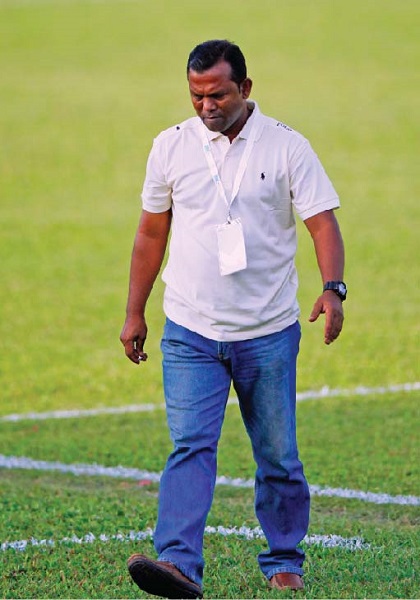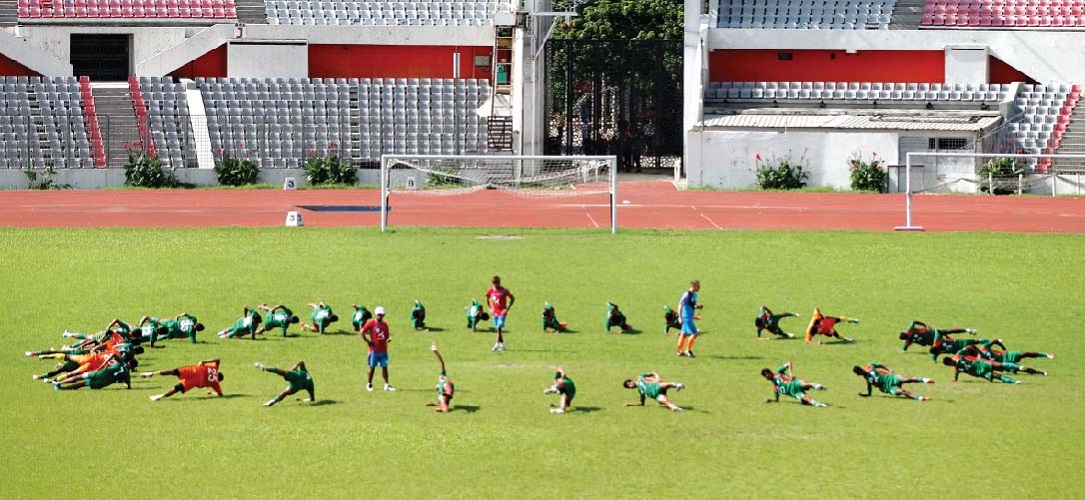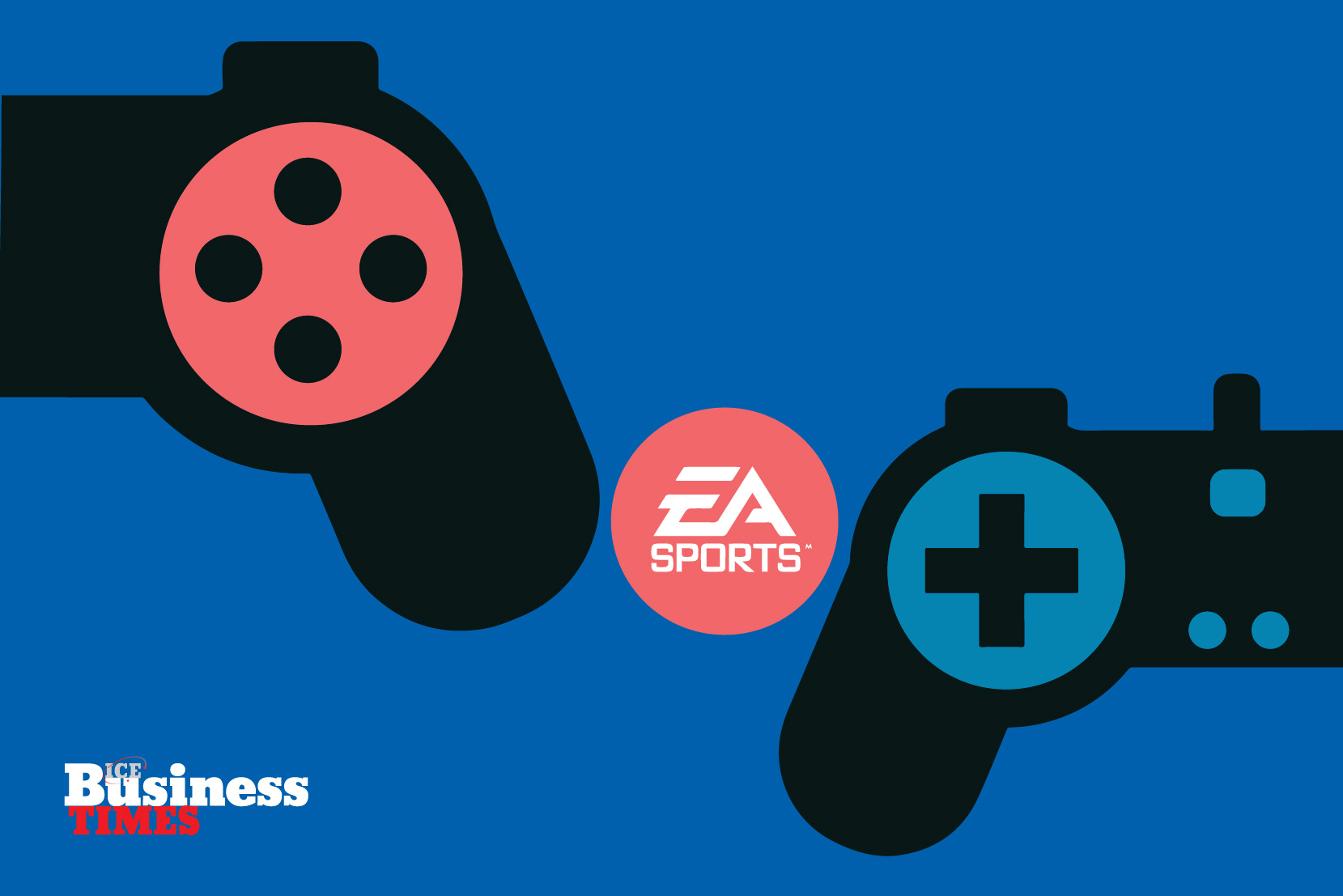By Mahbub Sarker
Bangladesh football became professional nearly a decade ago and some of these changes are apparent. Nevertheless, the professional infrastructure is a far cry from being standard. Coaches are pivotal to the game. Yet the developments of coaches are overlooked here. Maruful Haque, the first South Asian to achieve the UEFA ‘A’ license, discussed the matter in detail:
“The development of coaching has not been progressed at the desired pace since Bangladesh entered into the professional phase. Once upon a time, our coaches used to work merely through a verbal agreement with different teams. There was no steadfast rule about their wage. They used to receive a lump-sum at the end of the season. These days, each and every club makes some kind of agreement with coaches. But those are not fully professional agreements. I would say it’s more like a semi-professional agreement.”
Although there are some external changes after the professional league had emerged, there were not many internal changes. Till date, the internal aspects of a team are not adjusted according to the coach’s wish. Coaches are yet to enjoy the full freedom that is a prerequisite in the modern era for achieving success.

A team is made upon the philosophy and the plans of a coach in football. Yet Bangladesh is an exception in that regard. On most occasions, officials present a team after selecting the players themselves. But a coach must be involved with the selection process, as he needs different types of players to execute his plans and techniques in the field of play.
For example, if you want to play attacking football through wings, you need fast fullbacks. Winger must also be sharp. If you do not get natural talents in these positions, you won’t be able to execute your plans. For that reason, coaches must be involved in processing the team right from the beginning or in other words from selecting his men.
The situation is exactly the same in other parts of the world as coaches get full freedom, unlike their Bangladeshi counterparts. Clubs pick up new players according to certain demands of the coach. As players make long-term contracts with the club the changes are made through a compromise between the wishes of the coach and the approval of the general manager and other executives. And the coach also gets at least a couple seasons to build up his team.
To become an ideal coach, one must be a good student first. He must have interest in learning and understanding. Our coaches have a profound lack in that regard. One can expect total control in one’s work area only after fulfilling the prerequisites of an ideal coach. Perhaps we have to compromise as we are unable to fulfill those norms.
The scenario will only change when organizers work in unison. To make coaching work in a professional manner and efficient, continuous training is imperative. Furthermore, a quality academy for coaches and investment is required. Although the situation is bleak, with strategic planning and proper investment, things could actually change. A professional coaching structure will not only accentuate the country’s football but also will reap rich rewards, both in money and esteem, for the country and the investors.
“There are certain steps to become a better manager or coach.
First, one must read voraciously and institutional education is required for that reason. Without that, the progress of a coach will be hindered. Second, A huge amount of investment is required. With that, one must also have patience as the return will take time.
They must be prepared to struggle for a long time. I started my coaching career back in 1994 and was able to work in the top tier of the domestic league in 2009. Even after that, I have been striving to learn more and through that endeavor, I earned UEFA ‘A’ license by completing the courses in a few steps.”
And this is a continuous learning process for a field of dreams.















